Fuel delivery
From the Blog
-

How Much Fuel Can You Transport Without a HAZMAT Endorsement?
Fuel transportation involves delivering petroleum products from production sites to end users. Understanding fuel transport regulations is crucial for safe and proper fuel movement. These rules guide handling, storing, and transporting fuel, reducing the risk of accidents, spills, and environmental harm. HAZMAT, short for hazardous materials, is an extra certification for commercial drivers, especially those…
-
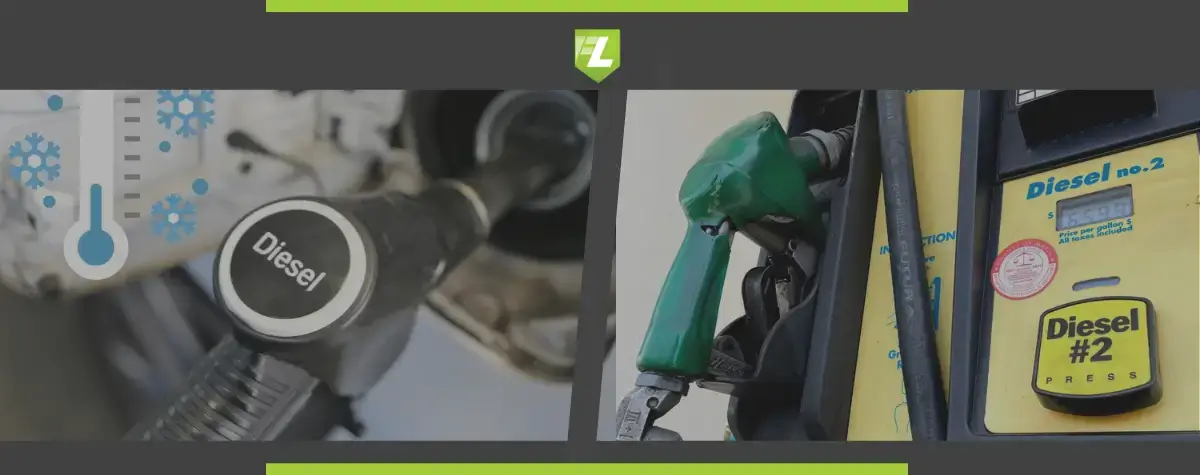
The Key Differences: Diesel 1 vs 2 Fuel
Diesel fuel, a vital energy source, plays a pivotal role across diverse industries globally. The two common variants, Diesel 1 vs 2, differ mainly in viscosity and cold-weather performance. The main differences between Diesel #1 and Diesel #2 lie in their viscosity and how well they perform in cold weather during the winter months. While…
-
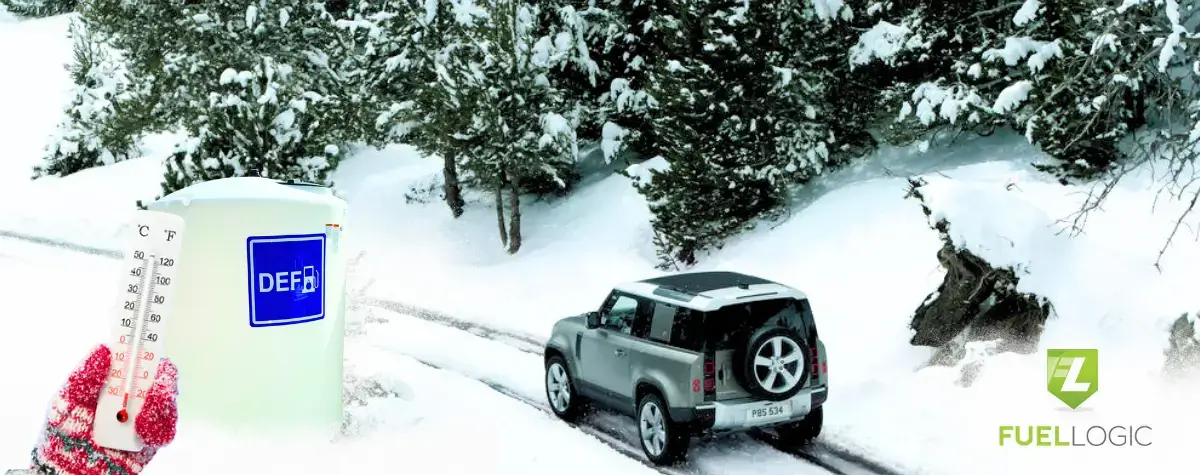
DEF in Cold Weather: Temperature of DEF Freezing Point
Diesel Exhaust Fluid is a mixture of deionized water and urea. This solution is injected into the exhaust stream of diesel vehicles through a system known as Selective Catalytic Reduction (SCR). Its primary purpose is to tackle harmful nitrogen oxide (NOx) gases produced during diesel engine operation. Understanding this is important to know the DEF…
-
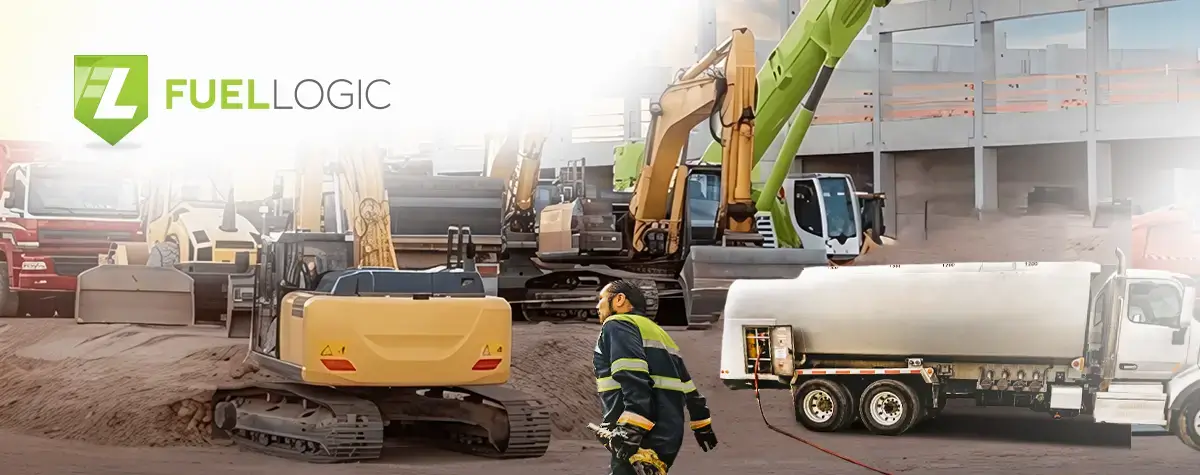
Construction Site Refueling Best Practices: A Complete Guide to Fuel Delivery and Management
Fuel management is a critical aspect of running a successful construction site. From heavy machinery to generators, fuel powers our operations and keeps projects on track. However, construction site refueling involves navigating safety hazards, environmental concerns, and potential disruptions to project timelines. Moreover, the on-site storage of fuel, while convenient, is bound by strict regulations and standards.…
-
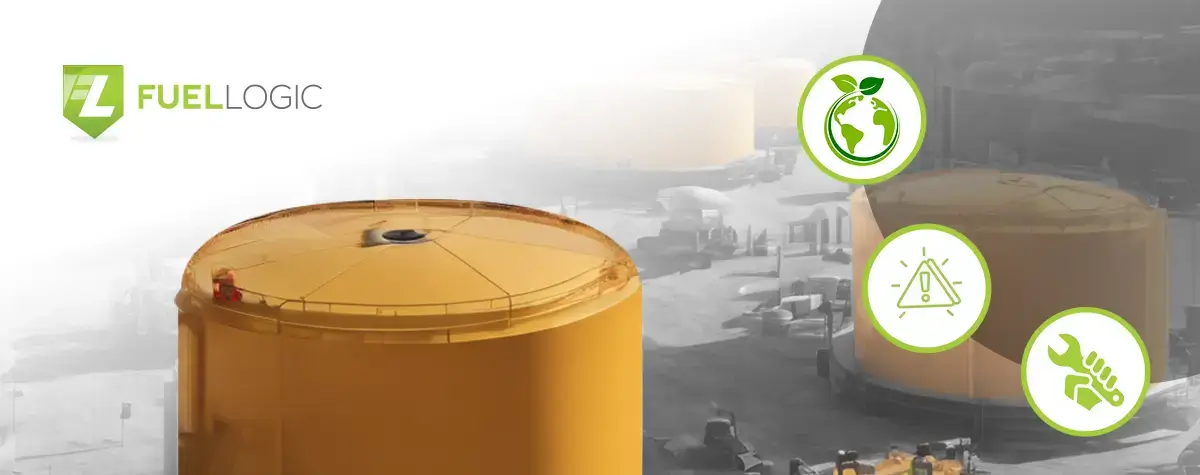
Your Complete Guide to Choosing Construction Fuel Tanks
Exploring the landscape of construction fuel tanks is a pivotal aspect of effective project management, seamlessly intertwining considerations of efficiency, cost, and safety. Understanding tank variations and functionalities is essential for making well-informed decisions, especially as different fuel types require specific storage solutions. Choosing reputable manufacturers with a proven industry track record becomes a cornerstone…
-
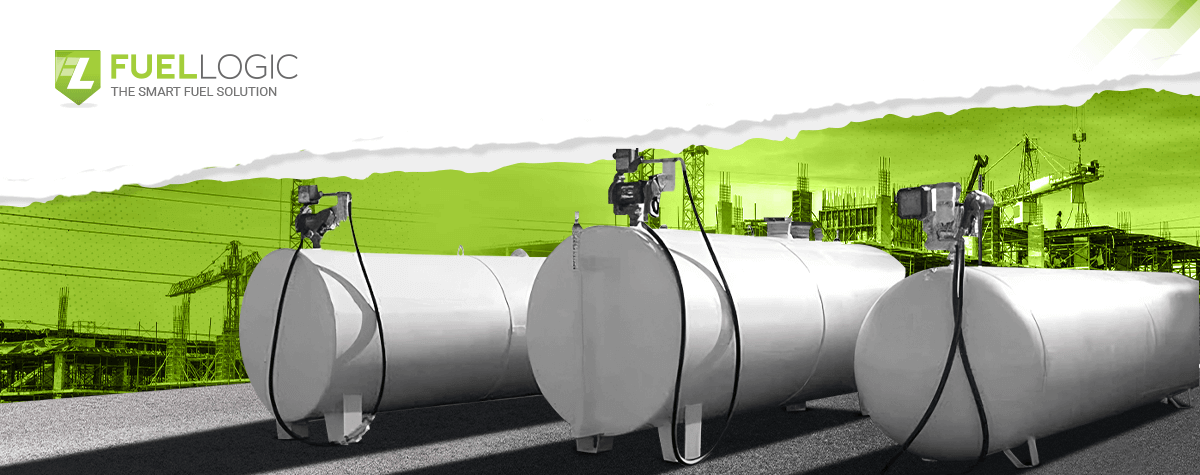
Expert Tips for Better Construction Site Fuel Storage and Safety
Fuel storage on construction sites is a critical aspect of project management, ensuring a reliable and safe fuel supply for construction equipment and machinery. The construction site fuel storage system typically involves the use of on-site fuel tanks or containers and often relies on various types of fuel, such as petrol gasoline and diesel. Construction…
-
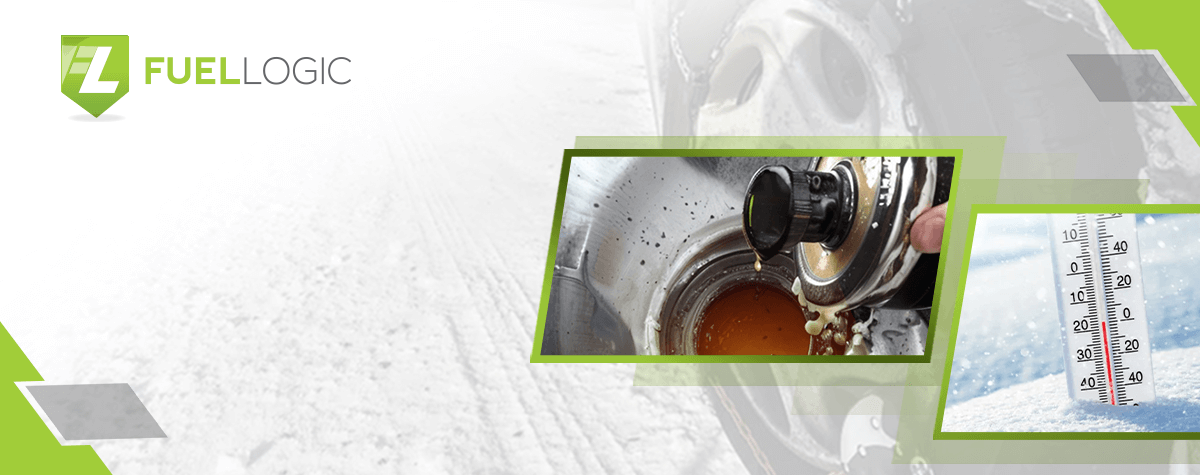
What Happens to Diesel Fuel in Cold Weather?
What Happens to Diesel Fuel in Cold Weather? Everything you need to know A basic understanding of what happens to diesel fuel in cold weather is essential for maintaining the diesel engine’s performance during winter. Cold temperatures can cause diesel fuel to form crystals. These crystals form clogs in filters and fuel lines, hindering engine operation. The…
-
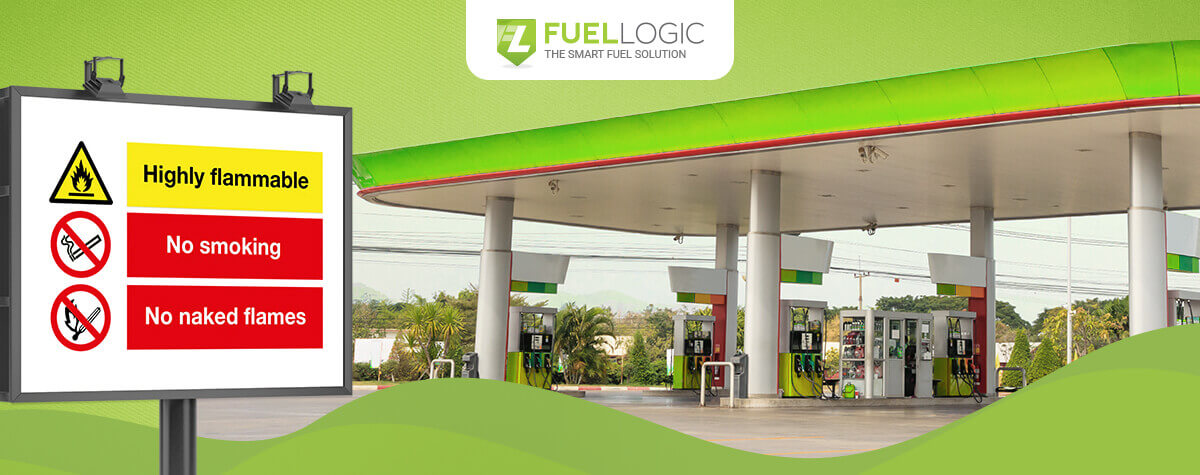
Safe Refueling Practices and Protocols for Fueling Safety
Safe Refueling Practice Guide: Protocols and Best Practices for Fueling Safety Safe refueling practices are crucial to prevent accidents and mitigate potential hazards associated with handling flammable fuels. Adhering to safe refueling practices ensures the well-being of individuals and the environment. An unfortunate incident happened in Ghana, Africa in 2017, due to the same neglectful attitude towards refueling…
-
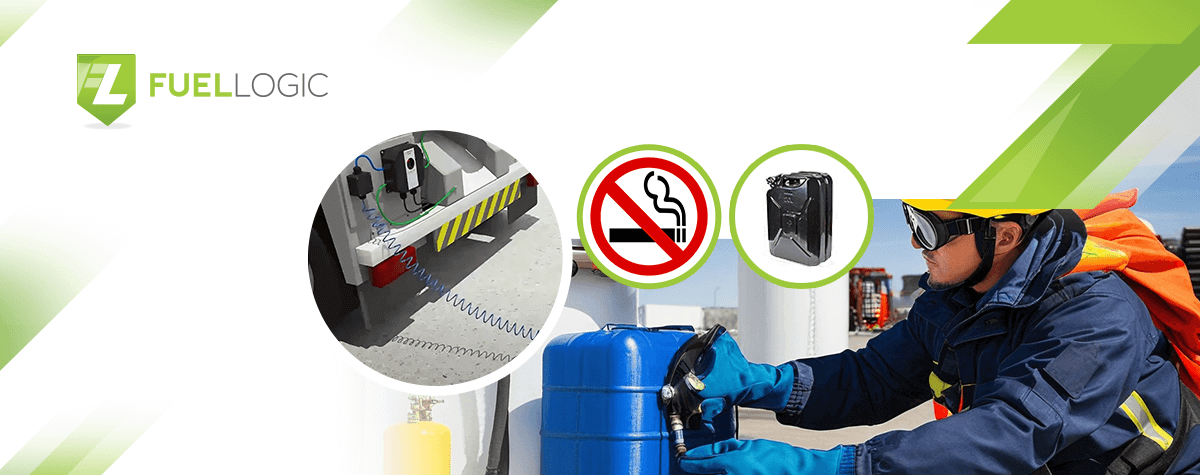
Fuel Safety Precautions and Guidelines for Handling Fuel Safely
Handling, storing, and moving fuel is a regular part of many industries, including various fleet companies and the agriculture sector. Fuel safety includes keeping away from ignition sources, using containers correctly, and ensuring proper ventilation. Gasoline and similar fuels can easily catch fire because they are highly flammable. So, following safety guidelines is crucial to…

